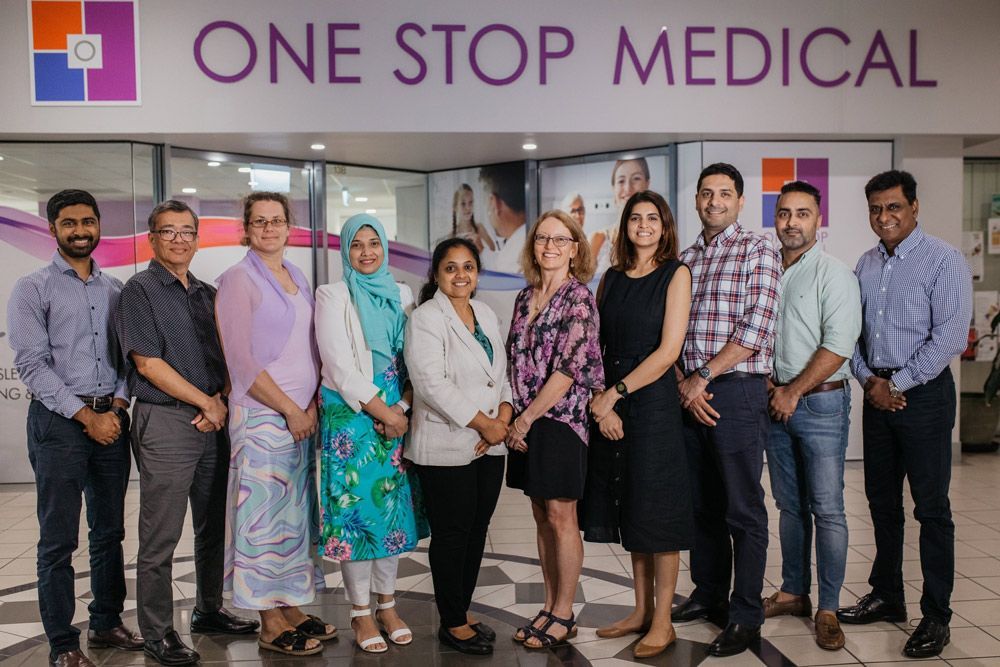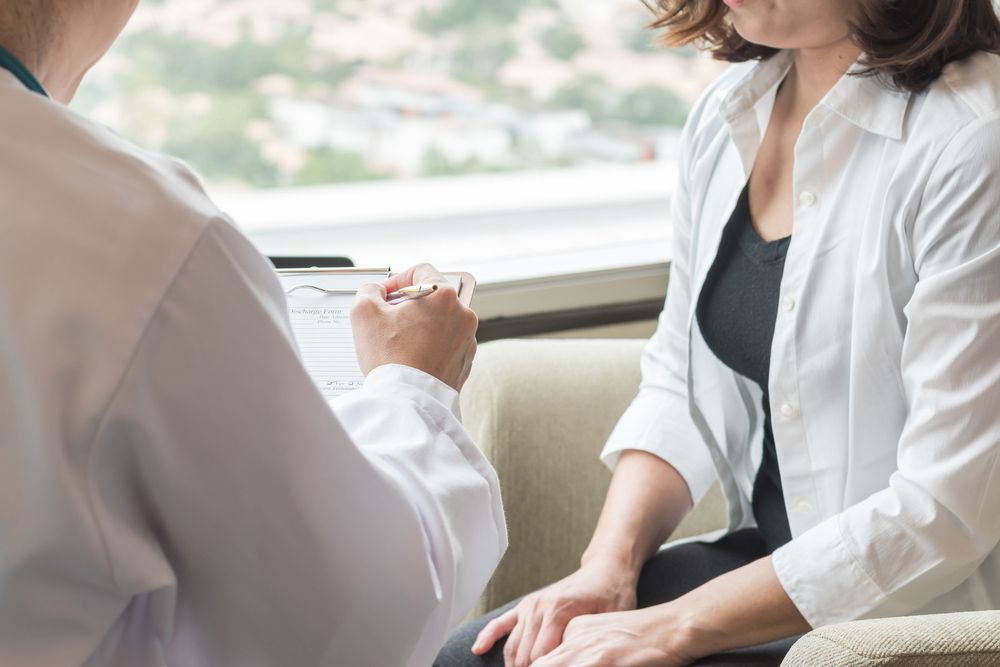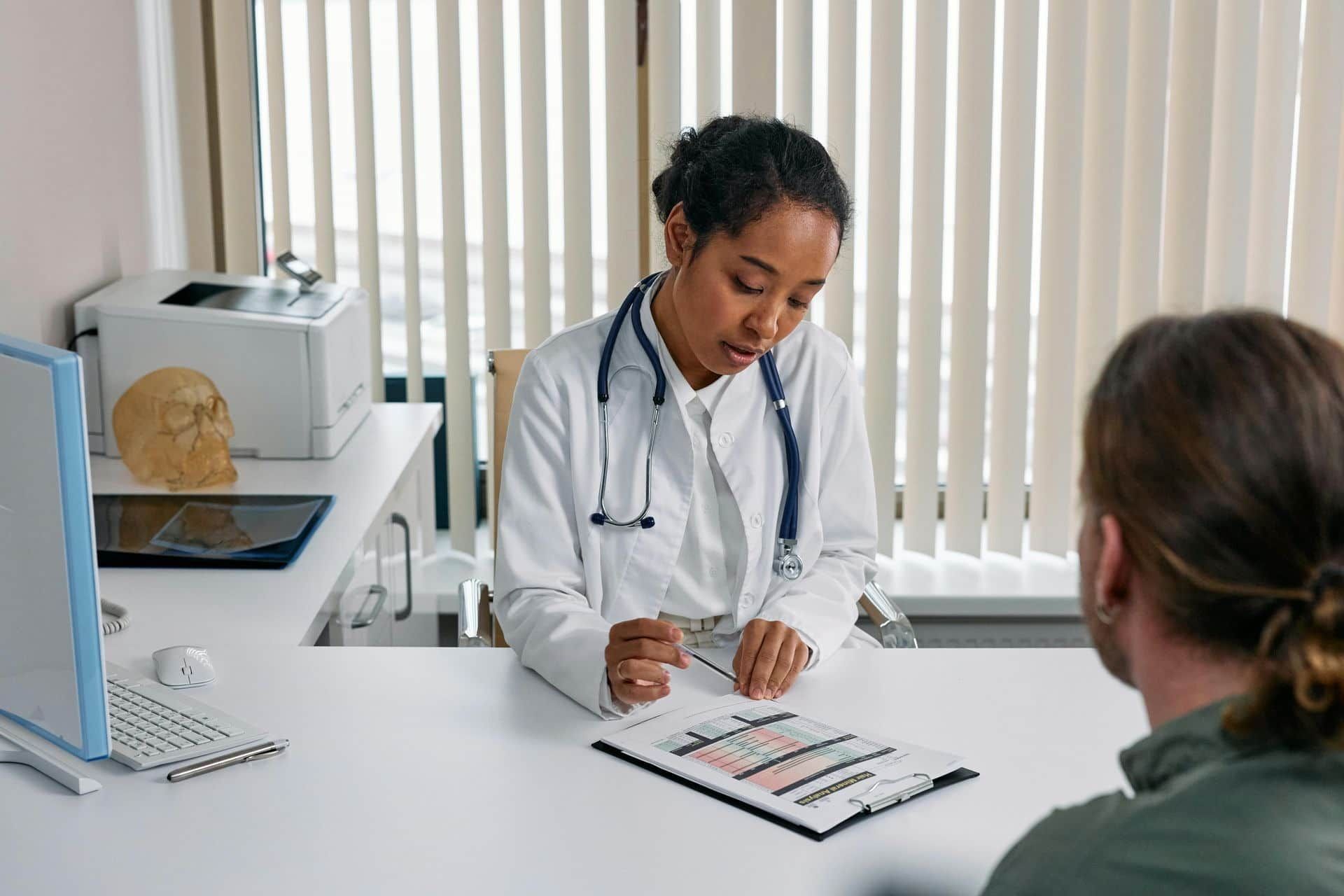How GPs Support Mental Health: More Than Just Physical Care
It’s not always easy to know where to start when it comes to mental health. Many people feel unsure about how serious their symptoms are or who to talk to first. What’s often overlooked is the role of general practitioners (GPs) in supporting emotional wellbeing. While GPs are widely known for treating physical conditions, they also provide vital care for people experiencing stress, anxiety, low mood and other mental health challenges.
Local GPs are often the first point of contact for anyone feeling overwhelmed or out of sorts. Their familiarity with a patient’s history and their accessibility make them a valuable part of the mental healthcare pathway. Whether someone is struggling with daily pressures or navigating more complex emotional shifts, seeing a doctor near you can be a practical first step. Let’s explore the many ways GPs support mental health beyond routine physical check-ups.
Recognising the Early Signs of Mental Health Concerns Starts with Your GP
People may not always realise that stress, sadness, or irritability have become more than just fleeting emotions. A GP can help identify early signs that suggest a person might benefit from extra support. They take a whole-person view, looking beyond isolated symptoms to understand how someone’s thoughts, feelings and behaviours interact with physical health.
Common early signs discussed in general practice settings might include:
- Difficulty sleeping or oversleeping
- Ongoing fatigue without a clear physical cause
- Changes in appetite or weight
- Withdrawing from social or work activities
- Feeling more irritable or tearful than usual
Bringing up these symptoms during a GP appointment can open the door to conversations that many people find hard to start elsewhere.
GP Consultations Offer a Safe Space to Talk Through Life Pressures
For many people, the act of sitting down with a GP offers space to speak openly about what’s going on. There’s no pressure to use clinical terms or have a clear diagnosis. Whether someone is dealing with work-related stress, relationship difficulties or feeling low for no specific reason, a GP can listen and help unpack those experiences.
A regular doctor-patient relationship can provide continuity, allowing the GP to notice changes over time and offer timely support. While GPs may not always have the same scope as specialist mental health providers, they often act as a grounding presence when things feel uncertain or overwhelming.
Your Local GP Can Help Navigate Referrals to Mental Health Specialists
While GPs provide an initial touchpoint for mental health, they can also help connect patients to further support. This might include drawing up a Mental Health Treatment Plan or identifying appropriate local services. For those not familiar with mental health pathways, these referrals can be an essential step toward receiving targeted care.
Common mental health referrals coordinated by GPs include:
- Psychologists or counsellors for talk-based therapies
- Psychiatrists for additional assessments
- Community-based mental health services
- Allied health professionals, such as social workers
GPs help guide this process by working with the patient’s goals, needs and preferences.
Managing Mental Health Often Involves a Holistic Review of Physical Well-being
Mental health is not separate from physical health—it’s often intertwined. GPs are trained to assess a range of factors that may influence how someone feels emotionally. This includes evaluating lifestyle, chronic health conditions, medication side effects and more.
A holistic review might involve:
- Discussing sleep habits and how they affect mood
- Reviewing nutrition, hydration and physical activity levels
- Identifying chronic pain or fatigue that contributes to emotional distress
- Exploring any medication or substance use that could influence mood or cognition
Ongoing Mental Health Care Can Be Part of Your Regular GP Check-Up
Young adults can face unique mental health challenges as they move through periods of change, such as studying, entering the workforce or navigating social pressures. It’s not uncommon for people in this age group to feel unsure about whether their stress is “normal” or something they should seek help for.
A GP can help young adults:
- Explore how stress is impacting daily functioning
- Talk through social or academic challenges in a neutral setting
- Identify coping mechanisms that suit their stage of life
- Offer referrals to youth-focused support services, if needed
By making this support accessible, GPs help young people feel more comfortable taking that first step.
Discussing Anxiety & Depression Is More Common Than You Might Think
One barrier many people face when seeking mental health support is the belief that they’re the only ones struggling. However, GPs frequently speak with patients about anxiety, depression, mood fluctuations and more. These conversations are a regular and important part of general practice.
Topics often raised in GP consultations include:
- Feeling persistently sad or anxious without knowing why
- Worrying excessively about health, relationships or work
- Panic attacks or fear of losing control
- Loss of interest in activities previously enjoyed
Normalising these concerns through GP support can encourage more people to seek help early, rather than waiting until symptoms become unmanageable.
Take the First Step—Speak with Our GP Near You
At One Stop Medical, our Mackay doctors offer support for a range of mental and physical health needs. Whether you're facing persistent stress, low mood or just need someone to talk to, booking a GP appointment can be a practical first step. Get in touch via our contact page or call today to arrange a confidential appointment with a doctor near you.








